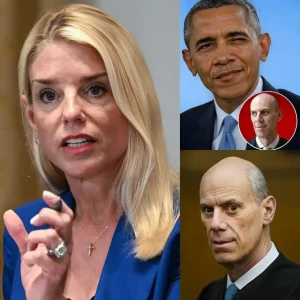Opinion: Should Adam Schiff and Nancy Pelosi Face Treason Trials? The question of whether prominent political figures like Adam Schiff and Nancy Pelosi should be tried for treason is a provocative one, often raised in highly polarized discussions. This article explores the arguments surrounding such claims, the legal definition of treason, and the implications of such accusations in the American political landscape. The views expressed here aim to provide a balanced perspective, acknowledging the intensity of public sentiment while grounding the discussion in legal and historical context.
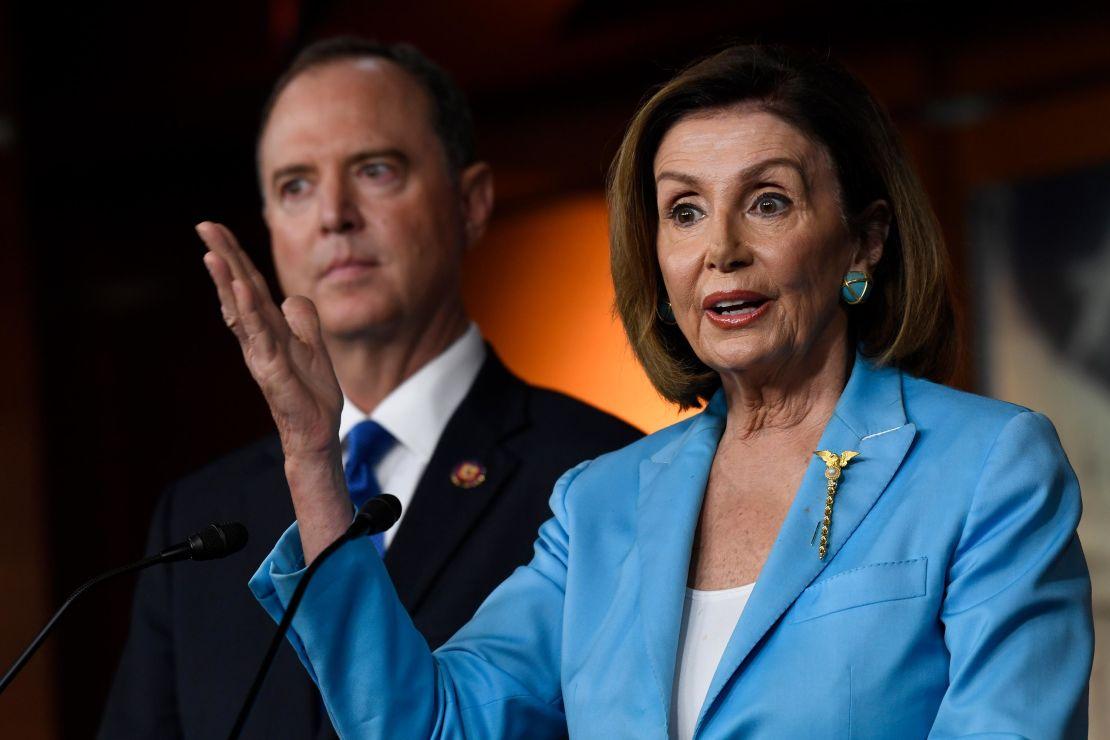
Understanding Treason in the United States
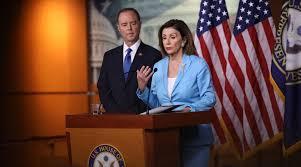
Treason is explicitly defined in Article III, Section 3 of the U.S. Constitution: “Treason against the United States, shall consist only in levying War against them, or in adhering to their Enemies, giving them Aid and Comfort.” The framers intentionally set a high bar for treason to prevent its misuse as a political weapon. Conviction requires either a confession in open court or the testimony of two witnesses to the same overt act. Historically, treason prosecutions have been rare, with fewer than 40 cases in U.S. history, most tied to wartime actions.
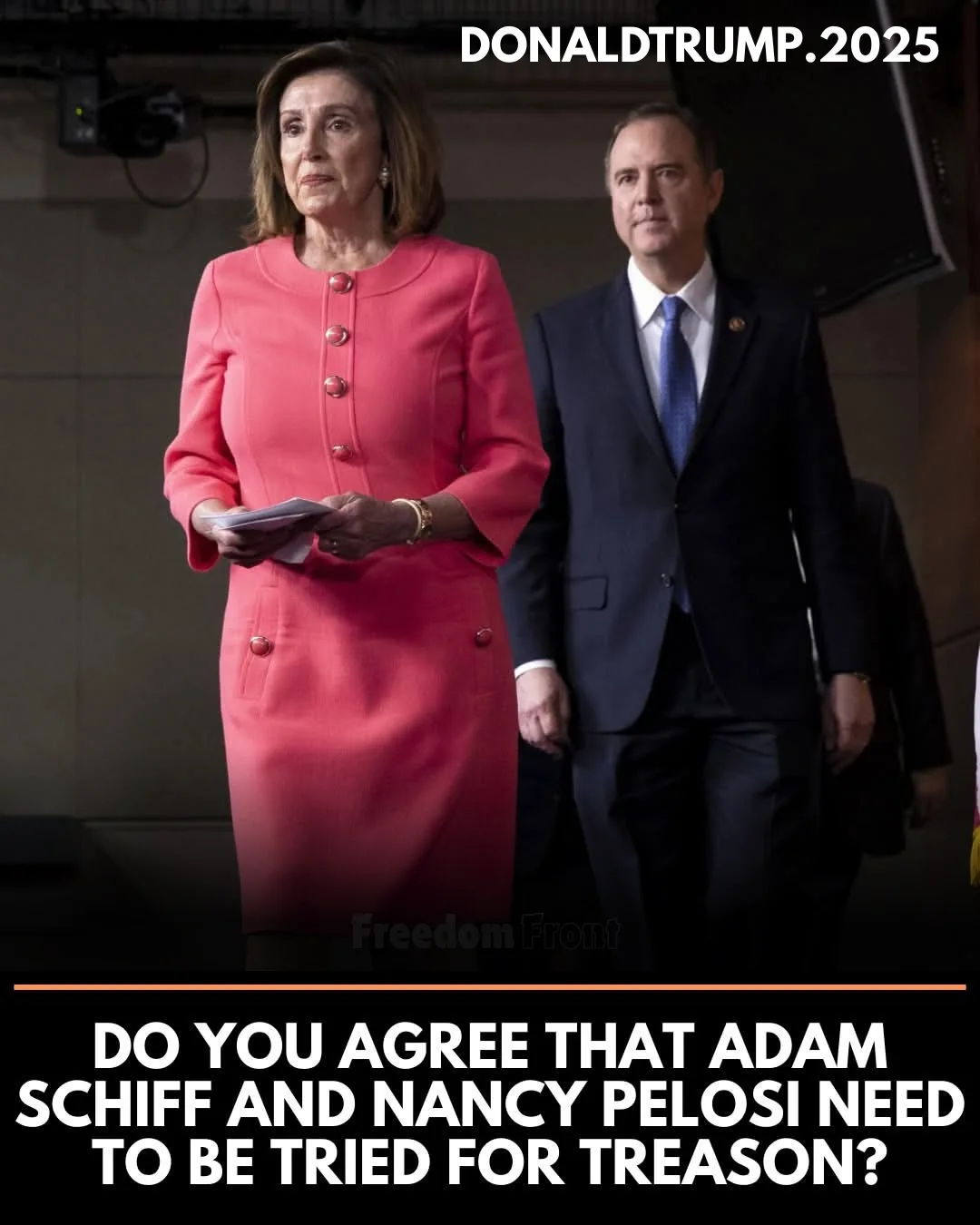
Given this strict definition, any claim that Schiff or Pelosi committed treason would need to demonstrate concrete evidence of levying war or aiding enemies of the United States. Public discourse often uses “treason” loosely to express disapproval, but legal accountability demands specificity.
Arguments in Favor of Treason Charges
Supporters of trying Schiff and Pelosi for treason often point to their roles in high-profile political events, particularly during the Trump administration. Critics argue that Schiff, as a key figure in the first impeachment inquiry, and Pelosi, as Speaker of the House, engaged in actions that undermined national interests. Specific grievances include:
– **Impeachment Proceedings**: Some assert that the impeachment efforts against President Trump were baseless and divisive, accusing Schiff of fabricating evidence or manipulating narratives during the House Intelligence Committee hearings. They view these actions as an attempt to destabilize the government, equating them to betrayal.
– **Policy Disagreements**: Pelosi’s leadership on issues like immigration, healthcare, or foreign policy has drawn accusations of prioritizing partisan agendas over national security. For instance, critics cite her public tearing of Trump’s State of the Union address as symbolic of disrespect for the nation’s unity.
– **Alleged Collusion with Foreign Entities**: Unsubstantiated claims, often amplified in partisan media, suggest that Schiff or Pelosi engaged with foreign actors to undermine U.S. interests, though no credible evidence has surfaced to meet the constitutional threshold for treason.
These arguments resonate with those who feel that political elites have abused power, but they often rely on rhetorical flourishes rather than legally actionable evidence.
Counterarguments: Legal and Practical Considerations
Opponents of such treason trials argue that the accusations lack merit and misapply the term “treason” for political gain. Key points include:
– **Legal Standards**: No publicly available evidence suggests that Schiff or Pelosi levied war or aided enemies like hostile nations or terrorist groups. Their actions, such as leading impeachment inquiries or passing legislation, fall within their constitutional roles as elected officials, even if controversial.
– **Political Motivations**: Accusations of treason often emerge from partisan divides, risking the weaponization of a serious charge. Historically, loose treason accusations have been used to silence dissent, as seen in early American cases like the Sedition Act of 1798, which was later repealed for its overreach.
– **Democratic Implications**: Pursuing treason trials against prominent figures without clear evidence could erode trust in institutions and escalate political retribution. Schiff and Pelosi, like all elected officials, are subject to accountability through elections, legal investigations, or congressional censure, not extralegal measures.
Legal scholars emphasize that disagreements over policy or procedure, however heated, do not constitute treason absent direct acts of war or enemy collaboration.
The Broader Context
The call for treason trials reflects deeper frustrations with American politics—distrust in institutions, polarized media, and a sense of betrayal among voters. Social media platforms, including posts on X, amplify these sentiments, with some users framing Schiff and Pelosi as symbols of a corrupt establishment. However, such rhetoric often oversimplifies complex governance issues and ignores the checks and balances built into the U.S. system.
Rather than treason trials, critics could pursue accountability through existing mechanisms: voting, supporting investigations, or advocating for legislative reforms. Conversely, supporters of Schiff and Pelosi argue that their actions upheld democratic norms, such as checking executive power or advancing policy debates.
Conclusion
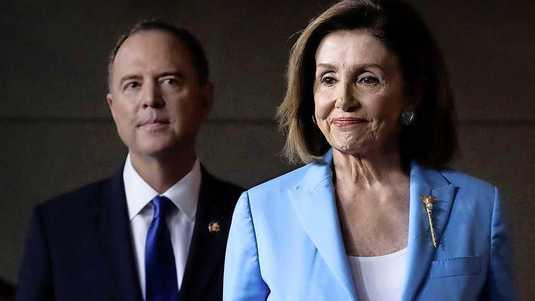
The question of whether Adam Schiff and Nancy Pelosi should face treason trials is less about legal viability and more about political expression. Treason, as defined by the Constitution, requires clear evidence of waging war or aiding enemies—standards not met by the public actions of these figures. While frustrations with their leadership are valid for some, conflating policy disputes with treason risks undermining the rule of law and escalating partisan conflict. A more productive path forward lies in engaging with the democratic process, fostering dialogue, and holding leaders accountable through established legal and electoral means.





